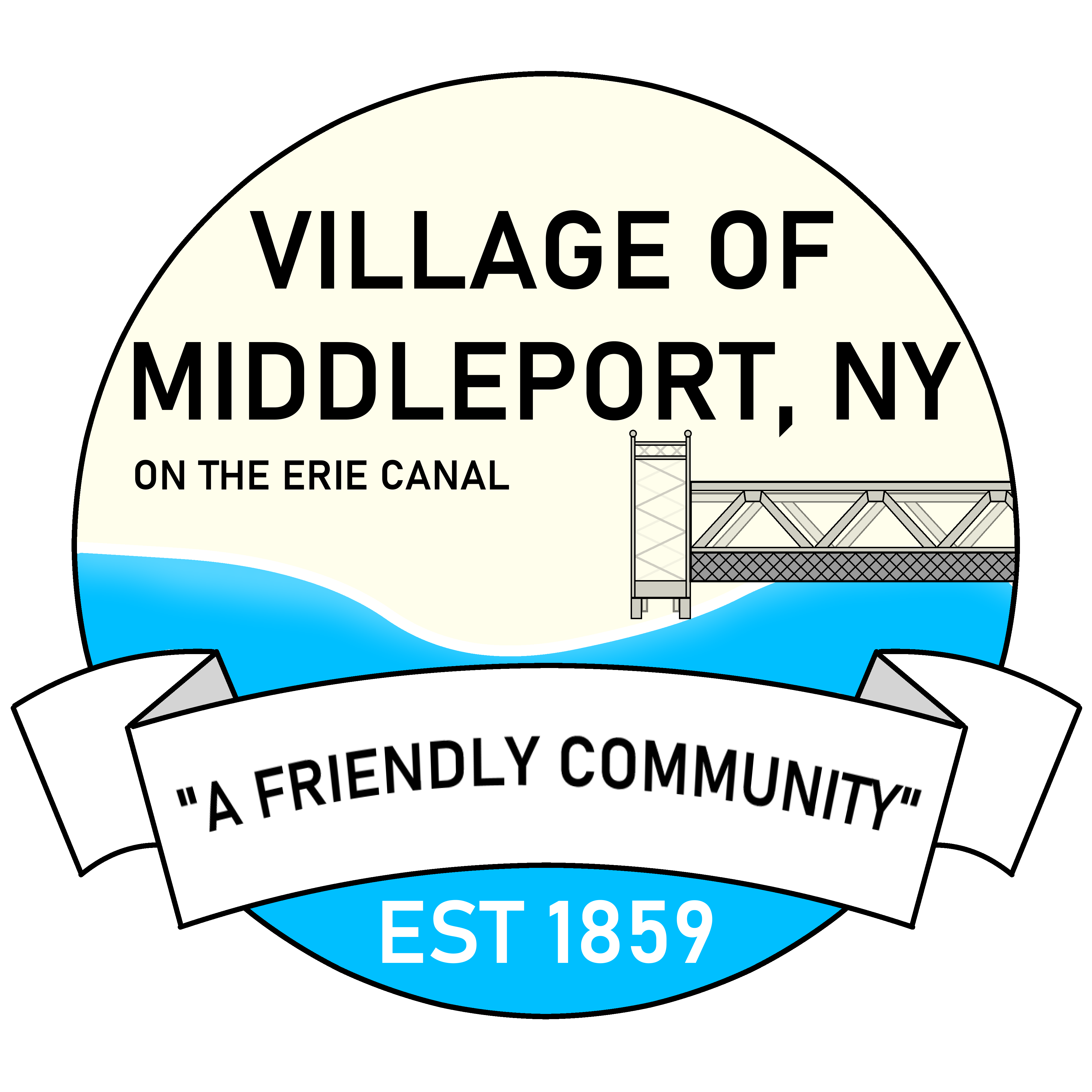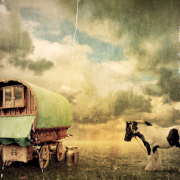The Travelers
February 22nd, 2021
Years ago, hoboes walked along the Ridge Road. They traveled alone. Farms were marked where they could get food and a barn was open for them to sleep in the hay. A man would knock on our screen door. When mother answered, they asked for food. She told them to sit under the big tree, we would bring it out to them. I would take out a paper cup of cold well water and a sandwich in wax paper. The sandwich would be a thick slab of meat from our smokehouse on homemade bread. It had catsup or mustard. Later they knocked on our door to thank us. They left nothing behind.
The second group came once a year. They were gypsies in 4 or 5 covered wagons, each pulled by 2 sturdy horses. A farmer let them use an empty pasture nearby. The wagons were put in a circle. The women with some children wore bright colored blouses and long skirts. They came with their children and sold small sewing items. They also told fortunes by reading your palm, long lines meant a long life. This cost 5 or 10 cents. The men offered to do farm work for a few days. They also fixed pots with holes on the bottom. They used small silver circles of metal and pounded them with a hammer into the hole. The pot lasted another 5 years.
My brother and his friends would sneak over after dark and lay in the grass. There would be violin music and dancing around a big campfire. My dad said a family always had a violin player behind the horse drawn wagon that carried the casket from the church to the cemetery. His violin playing matched the crying of the women behind him.
Hoboes and gypsies disappeared after about 20 years. People were not opening the door to give food to a stranger. Later generations of gypsies tired of the nomadic lifestyle and settled in one place so their children could go to school and get better jobs. An era ended.



